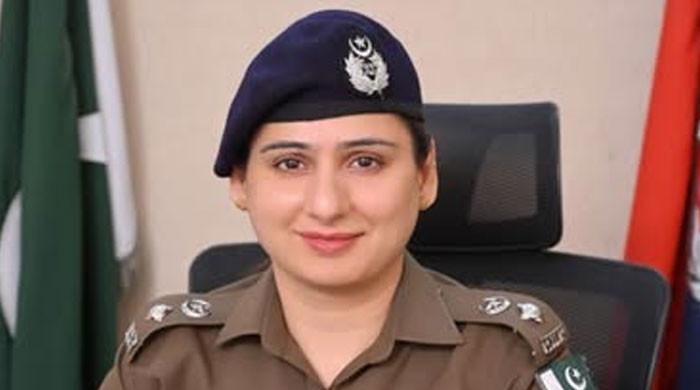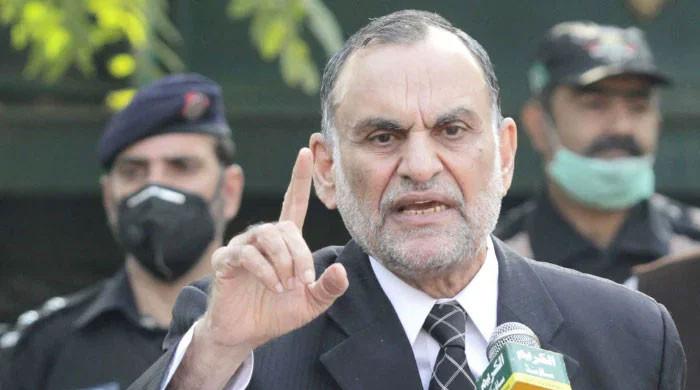Musharraf treason verdict: Para 66 termed ‘un-Islamic’ by religious scholars
There's no precedence of such a court order in Pakistan's judicial and Islamic history, said Tahir Ashrafi
December 20, 2019
Noted religious scholars have spoken up against the controversial para 66 of the detailed verdict in General (retd) Pervez Musharraf high treason case and termed it "illegal and un-Islamic".
In a statement issued to media after the special court order, Pakistan Ulema Council (PUC) Chairman Allama Tahir Ashrafi said that the verdict was against Sharia law.
Justice Waqar Ahmed Seth of the Peshawar High Court, in the detailed verdict issued on Thursday, had stated in paragraph 66: “We direct Law Enforcement Agencies to strive their level best to apprehend the fugitive/convict and to ensure that the punishment is inflicted as per law and if found dead, his corpse be dragged to the D-Chowk, Islamabad, Pakistan and be hanged for three days.”
The part of the verdict was termed highly controversial, with several legal experts, journalists and defence analysts dubbing it "ridiculous and barbaric".
The PUC chairman said that the verdict was "vengeful" and questioned if Justice Seth would like that ex-chief justices Iftikhar Chaudhry and Hameed Dogar be hanged in a similar manner?
"There's no precedence of such a court order in Pakistan's judicial and Islamic history," he said.
Condemning the verdict, Ahsrafi said that Justice Seth's choice of words was "inappropriate" and the tone of his judgement appeared "personal and resentful".
Furthermore, he called the verdict an instance of "selective justice".
Noted religious scholar, Mufti Naeem also disapproved the special court's order and called it "immoral and unethical".
"It seems that some personal score is settled here by the judge," he said.
Allama Dr Mohammad Hussain Akbar of Dar-ul-efta Wal Qaza said that the instructions issued to the law enforcement agencies to drag the corpse of General Musharraf was "disrespectful to the dead and against the teachings of the Holy Quran".
Referring to several verses of the Holy Quran, Dr Akbar maintained that according to Shia jurisprudence, the said order is "un-Islamic" and if the judge had issued this deliberately then "he has committed a crime and action should be taken against him."











